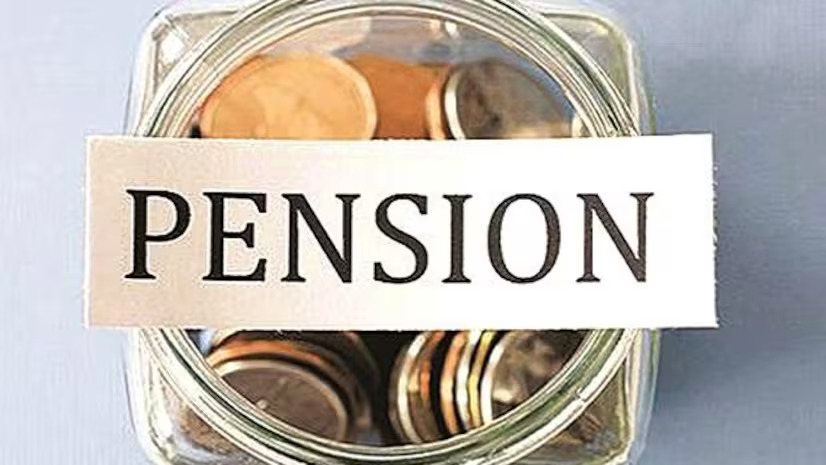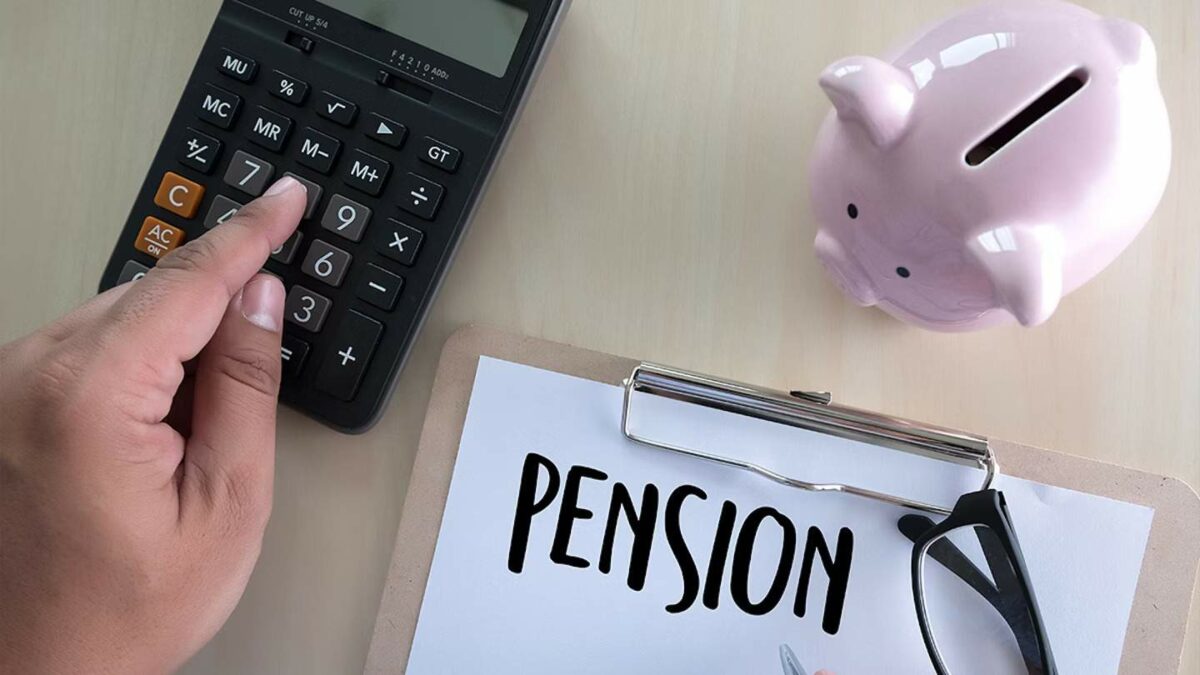There are many different types of pension schemes available in the United Kingdom. A pension is a long-term investment and its value may go up as well as down and may be worth less than paid in.
However, in the United Kingdom, there are three different ways to accumulate your pension funds to avail a steady income upon retirement.
So, if you are very interested in learning more about different types of pension plans in the UK, then this article is for you.
Here, in this article, I am going to wrap together what are the types of pensions, what pension type is best for your retirement, what factors you should consider while you plan to set up a pension scheme, and who is eligible for a pension in the UK.
Just stay with me till the end of the article!
What are the Different Types of Pensions?

There are primarily three different types of pensions in the UK, these are the State pension, Workplace pensions, and personal pensions.
1. State Pension Plans
A State pension is a government-provided pension that you can get when you reach at State Pension age. The Government State pension age is presently 66 for both men and women in the UK.
The state pension amount that you will receive depends on your National Insurance contributions record. There are mainly two types of State pensions in the UK:
- Basic State Pension: It is for the people who reached the State Pension age before 6th April 2016.
- New State Pension: It is for the people who have reached the State Pension age on or after 6th April 2016.
2. Work Place Pension Plans
Work place pension is also known as occupational pensions. Under recent; legislation, all companies need to offer their staff access to the workplace pension.
In other words, I can define it as a workplace pension is a way of saving your money for retirement arranged by your employer.
UK Workplace pension is of two types:
- Defined Benefit Schemes: Defined Benefit Schemes are also known as final salary pensions. This pension scheme guarantees a specific income on retirement according to your salary and years of service with the employer.
- Defined Contribution Schemes: In these types of Workplace Pension Plans, both you and your employer contribute to your pension savings. The amount of the savings is then invested. The size of your pension amount depends on the contributed amount and investment performance.
3. Personal pensions
Personal pensions are the individual pension schemes in the UK, usually defined contribution plans. This type of pension is available for everyone including someone who is self-employed.
These personal pensions are designed to help individuals save money for their retirement. These pensions offer flexibility in terms of investment options and contributions.
These are private pension schemes that you can set up independently through your workplaces or through an employer. Personal pensions are commonly managed by investment firms, insurance companies, and banks,
You can choose from various investment options, personal pensions commonly include:
- Stakeholder pensions: These are flexible personal pension schemes that come with a minimum standard set by the government. These are low fees.
- Self-invested personal pensions: These come with a range of investment options compared to traditional personal pensions. It also allows you to have better control over your pension investments.
What Pension type is best for your Retirement?

Personal pensions in the UK are available for everyone including those who are self-employed. personal pensions are individual pension schemes.
This kind of pension is designed to help everyone so that they can save money for retirement. Personal pensions also offer flexibility in terms of contributions and investment options.
Personal pension schemes are private pension schemes that you can set up independently of an employer, or through some workplaces.
Personal pensions are commonly arranged and controlled by insurance companies, banks, and investment firms.
You can choose the pension scheme from an extensive range of investment options. The payout of the pension will depend on the contributions made and investment performances.
Who is Eligible For a pension in the UK?
The eligibility for a pension in the UK depends on pension schemes. here, I am breaking down the eligibility criteria for the main types of pension.
1. State pension
To avail of the State pension, you must reach the age of State pension age which is presently 66 for both men and women. You need to have made sufficient National Insurance contributions. otherwise, you must have received NI credits.
For the new State Pension, you need generally have 10 qualifying years on your NI record to get the pension. However, the years of your employment do not need to be consecutive.
2. Workplace pensions
You must be a direct employee of a company that offers a Workplace pension scheme.
The automatic enrollment criteria to avail of this type of pension is from 22 age to the State pension age, you have to earn more than 11,000 pounds per year and you have to work in the UK.
The employees who do not meet these criteria can still be eligible to join to this pension scheme voluntarily.
3. Personal pensions
There are no specific criteria for personal pensions because these types of pension schemes are open to everyone who intends to save money.
Both employed as well as self-employed individuals can join the personal Pension schemes. Here, age restrictions also apply but it depends on the pension provider and the terms of the pension schemes.
It is very important to understand different types of pension and their eligibility criteria to plan your retirement effectively.
What Factors You Should Consider while you plan to set up a Pension Scheme

Setting up pensions in the UK generally involves the following factors:
- Check eligibility: You should get confirmed if you are eligible for the State pension, Workplace pension, or personal Pension based on your employment, residency, and age.
- Choose a Personal pension: Self-employed individuals or those who are seeking additional savings for retirement can go forward with a Personal pension. You need to make sure to compare the fees, providers, and investment options.
- Enrol in a Workplace pension: Employers automatically enrol eligible employees into a pension scheme and can contribute on their behalf.
- Make regular contributions: For Workplace pension, you can fund your pension scheme through salary deduction, or for Personal pension, you can go forward with direct payment. The State Pension relies on NIC (National Insurance Contribution).
- Seek financial advice: You can consult with a financial advisor for personalized guidance on various pension options, tax implications, and investments to maximize your retirement savings.
FAQ
How Many Types of Pensions in the UK?
Ans: If you live and work in the UK, usually there are three main ways you can build up a pension for your retirement. This pension fund will help you out over your retirement. These three types of pensions in the UK include State Pensions, Workplace Pensions, and Personal Pension.
How Do Pensions Work in the UK?
Ans: A percentage of your salary is put into your pension scheme automatically on every payday. Also, there are some cases, where your employer puts a portion into a pension scheme for you. You will also get tax relief from the government.
Conclusion
UK pension schemes help you to secure your financial stability when you retire. The three main types of pension schemes are State Pension, Workplace pension, and Personal pension.
So, if you are interested in gaining more knowledge about different pension schemes in the UK then just go through my article.
Hope, this guide will help you to get the best possible pension scheme in the UK. However, still, if you have some doubts about it then you can consult with a professional financial advisor.






